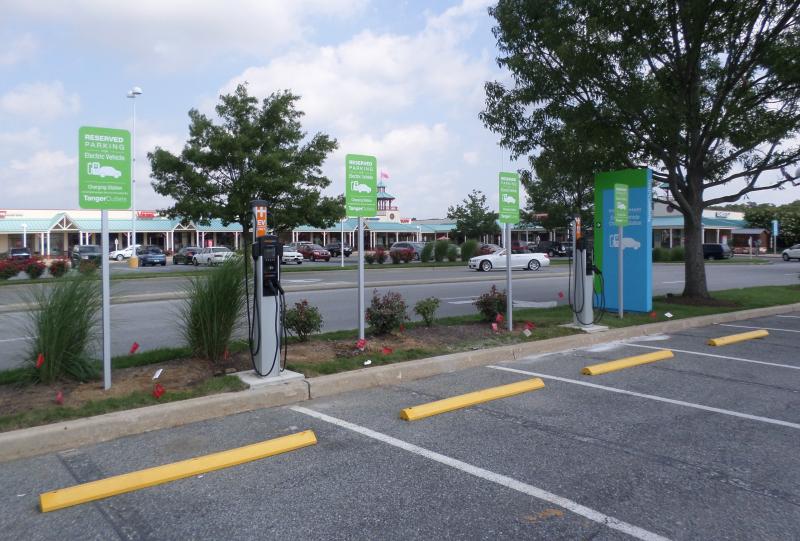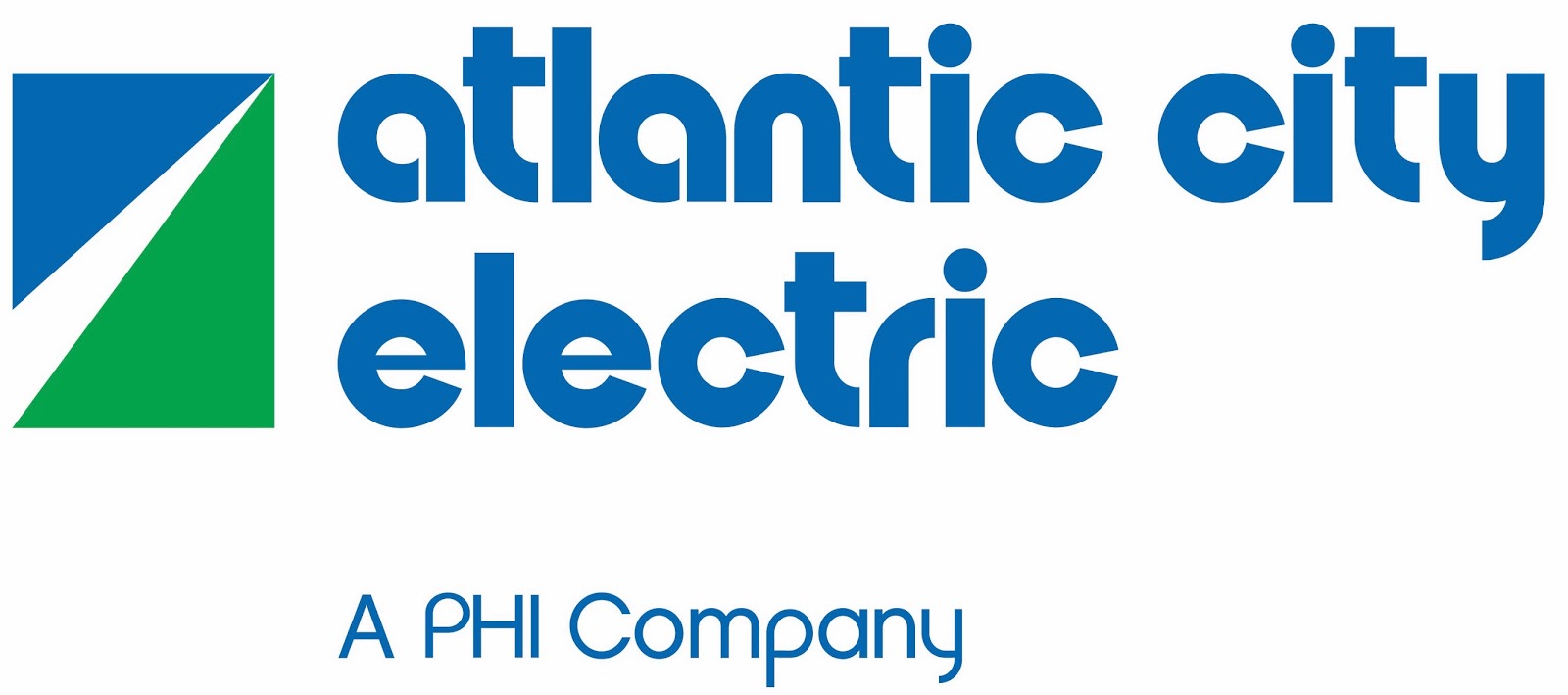
An OPPD press release said the outage’s timing was coordinated with SPP to ensure grid reliability and said any additional energy to meet customer needs will be purchased through the grid.
Fort Calhoun is a single unit plant 20 miles north of Omaha, Neb., producing 479 MW of power. The plant returned to full power June 15 following a two-month refueling outage.
More: Omaha World-Herald
Cleco Gets FERC Approval for Acquisition by Macquarie

Cleco, parent company of Louisiana utility Cleco Power entered into a definitive agreement to be acquired by the investor group last October. The agreement valued Cleco at roughly $4.7 billion, including about $1.3 billion of assumed debt. The acquisition is expected to close in the second half of 2015, subject to approval by the Louisiana Public Service Commission.
In addition to Macquarie, the investor group includes British Columbia Investment Management, John Hancock Financial and other infrastructure investors.
Pepco Slowest Utility in US to Connect Solar Projects
A report by EQ Research shows that Pepco is the slowest utility in the United States when it comes to connecting solar projects to the grid.
The report, sponsored by the solar industry, showed that the Washington, D.C., utility takes an average of 76 days to connect solar projects in Maryland and an average of 51 days in D.C. Pepco said the long time is necessary to protect the grid, but just to the north, Baltimore Gas & Electric takes an average of 15 days. BG&E is owned by Exelon, which has proposed to acquire Pepco’s parent company.
The report shows that Eversource in Connecticut has the fastest connect time: Five days. The national average is 25 days.
More: Greentech Media; The Washington Post
Iowa Co-op to Start Charging $85 ‘Facilities Fee’ for Solar Customers

“I think it is unlawful, and I think it’s outrageous compared to any other RECs (rural electric cooperatives) that I know of,” one member said. That member, Mike Lubberden, was contemplating installing solar panels but said he is now canceling those plans. The fee seems to be one of the highest in the Midwest, according to a policy analyst with The Alliance for Solar Choice.
John Smith, Pella’s CEO, said the co-op decided on the increase after conducting a cost-of-service study. He said the study found that members who generate some or all of their energy – there are only 12 in the co-op – aren’t paying their fair share of the cost to maintain the system. Smith, however, declined a request to show the study to Midwest Energy News. The co-op is giving current customer-generators five years before they have to pay the higher fee.
More: Midwest Energy News
Caroline Dorsa, PSEG’s CFO, to Retire in 4th Quarter

Caroline Dorsa, CFO of Public Service Enterprise Group since 2009, will retire in the fourth quarter.
“Caroline has been an invaluable partner to me and an asset to PSEG, both as a board member and CFO,” Ralph Izzo, chairman, CEO and president, said in a statement. “She improved our financial discipline and helped us establish one of the strongest balance sheets in the industry.”
PSEG is currently seeking a replacement for Dorsa. The company is the parent of Public Service Electric & Gas, New Jersey’s largest utility.
More: NJBiz
DTE Planning on Solar Facility in Cemetery
DTE Energy is planning to build a solar array in a cemetery in Ypsilanti, Mich.
A cemetery spokesman said the solar array would be in a lower section of the property and shouldn’t be able to be seen from the other parts of the cemetery. “I think that it’s going to be respectful, and the revenue will allow us to work on the history assets in the cemetery,” said Barry LaRue, Highland Cemetery board member.
The array will generate about 800 KW on a plot of ground 150 feet by 1,000 feet. The city estimates the facility will also generate about $38,000 a year in tax revenue. DTE will pay the city a one-time $35,000 utility fee as well as a $33,800 a year to lease the property. The Highland Cemetery and the city will split the lease money 75-25.
More: MLive
Dominion Virginia Power Seeking Bids for Solar

It said it would announce the results of the solicitation in the fourth quarter.
More: Associated Press
Hawaii’s Governor Opposes NextEra Takeover of Hawaiian Electric

Hawaii Gov. David Ige is opposed to NextEra Energy’s proposed $4.3 billion acquisition of Hawaiian Electric and said he will recommend that the Hawaii Public Utilities Commission nix the deal.
Ige, who recently signed a law that mandates that the state switch to 100% renewables by 2045, said he didn’t think the Florida-based company was the one to help the state reach that goal.
“We are committed to a 100% renewable future, standing alone among the 50 states in the nation in that action,” he said. “We need an electric company that sees Hawaii as the center of its work and the opportunity we represent as one of the greatest moments in history for any utility. We have not seen that in this proposal.”
More: Honolulu Star-Advertiser
Minnesota Co-op Opens Ethanol Plant in North Dakota

The Dakota Spirit AgEnergy ethanol plant is located next to a coal-fired generating plant the company owns near Jamestown, N.D. The ethanol plant, 78% of which is owned by the co-op, will produce 65 million gallons of denatured alcohol a year.
“We have found a way by co-locating with industry to generate power more efficiently and with less environmental impact than an ethanol plant by itself or a power plant by itself,” said Greg Ridderbusch, Great River vice president.
More: Star Tribune
Dominion Latest Utility to Use Drones for Line Inspections
Dominion Virginia Power will soon use small aerial drones to inspect its transmission lines, the company said. Several other utilities, including Southern Co., are also using drones for line inspections.
The drone flights, due to take off next month, come after a year of testing at the company’s Chester, Va., training facility. Steve Eisenrauch, a company manager, said the drones will first be used for routine line inspections, but he said they could eventually be employed as damage assessment tools after storms. “When you look at a drone in the air versus a helicopter, we look at that as a safety gain for Dominion,” he said.
The company is contracting with several private companies to provide the drones and piloting services. Each drone will be controlled by a two-person team and fly no higher than 200 feet.
More: Richmond Times-Dispatch
Vermont Changing Way it Gives Out Yankee Decom Funds
Vermont officials are changing the way they disburse $10 million in economic development funds provided by Entergy as part of the decommissioning plan for the Vermont Yankee nuclear station.
Entergy promised $2 million each year for five years as a way of cushioning the blow on communities from the plant’s closure. Secretary Patricia Moulton of the Agency of Commerce and Community Development said only $814,000 of the available $2 million was awarded last year to five of 26 groups that applied for funds.
“We realized the first time around we wanted to be more versatile,” Moulton said. This year, $3.2 million will be available.
More: Associated Press
SNC-Lavalin Picked to Head up PSEG’s Keys Energy Center Project

This is the third such project SNC-Lavalin has undertaken in the United States. The plant is scheduled to be completed in 2018.
More: Power-Technology.com
SunPower to Build 100-MW Solar Plant for NV Energy

“Today, power generated from solar plants is cost-competitive with power from traditional, fossil fuel burning plants – and becoming more cost-competitive every day,” said Tom Werner, SunPower CEO and president. “Increasingly, utilities are adding solar to their energy mix to ensure their customers are taking advantage of the reliable and emission-free power of the sun.
The new plant is expected to be completed in 2016.
More: CleanTechnica
Third Party to Lead MISO Stakeholder Redesign Sessions
MISO has firmed up the schedule for its stakeholder process redesign initiative, with the first of four workshops scheduled for Aug. 5 at its Carmel, Ind., headquarters.
Michelle Bloodworth, MISO’s executive director, said the meeting will be led by an independent facilitator who will share results of a stakeholder survey and engage participants in more discussions about redesign issues.
Later, a smaller group consisting of up to two representatives from each of the 10 sectors will convene to reach a consensus on guiding principles and priorities and initial set of recommendations, Bloodworth told the MISO Advisory Committee last week.
There are no plans to change MISO’s tariff, but rather to streamline current stakeholder processes that at times have become duplicative and cumbersome. The Organization of MISO States, which represents state utility regulators, has been working with MISO on the stakeholder redesign initiative.
More: MISO
NRG Embraces Distributed Gen with Home ‘Lab’

While some utilities fear a “death spiral” from distributed generation, NRG Energy is taking an “if you can’t beat ’em, join ’em” strategy.
In Houston, NRG is preparing for solar power and other distributed generation by using a house near downtown as a lab to test new products. The home features portable solar panels, rooftop water heaters and batteries.
“Sure, we might sell less power, but at the end of the day the customer is going to use less anyway,” NRG Retail President Elizabeth Killinger said. “Someone’s going to help them.”
NRG CEO David Crane warned investors last year the day was coming when homeowners and businesses would generate “most of the electricity they consume on the premises.”
More: The Dallas Morning News











